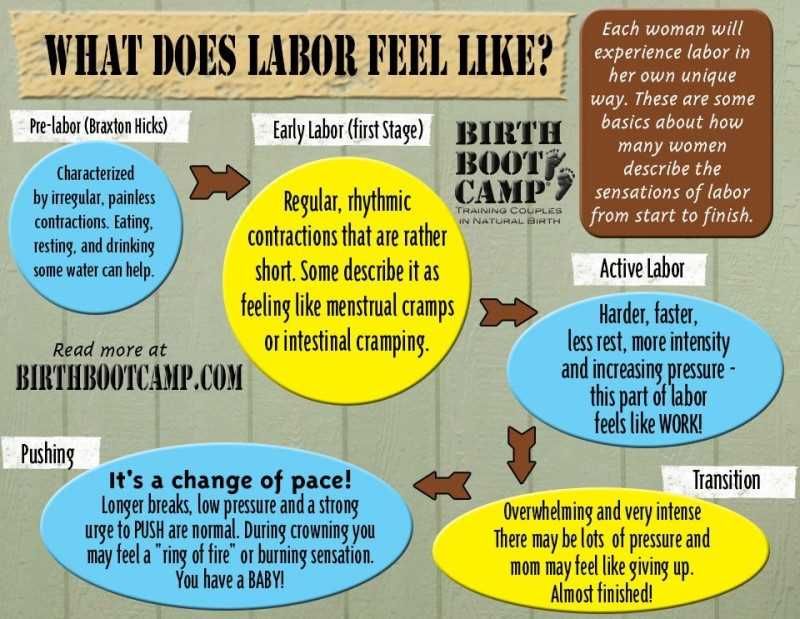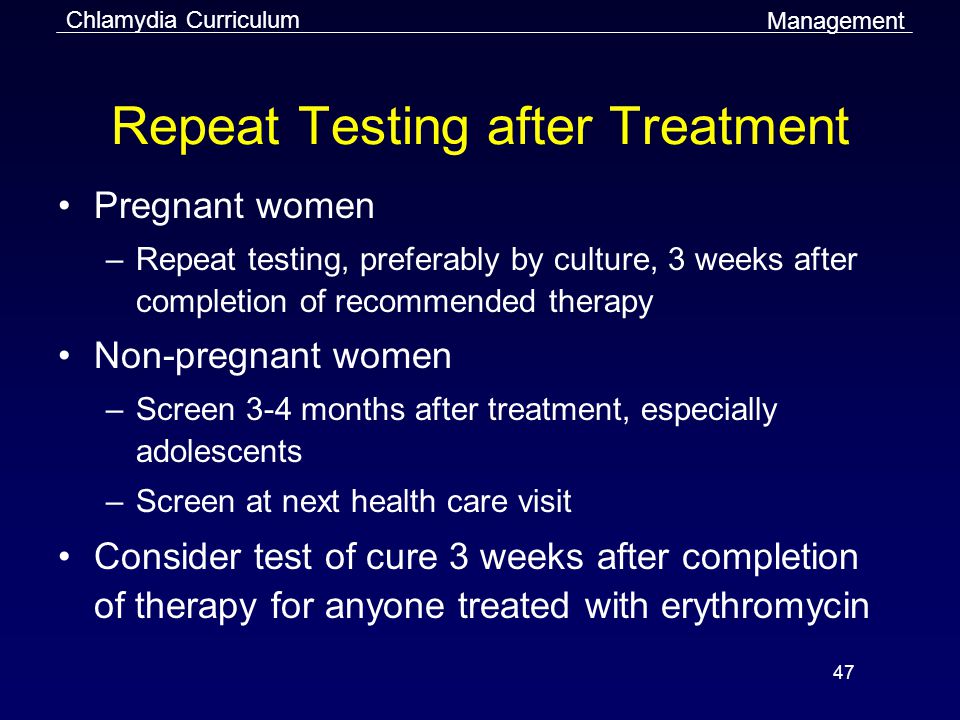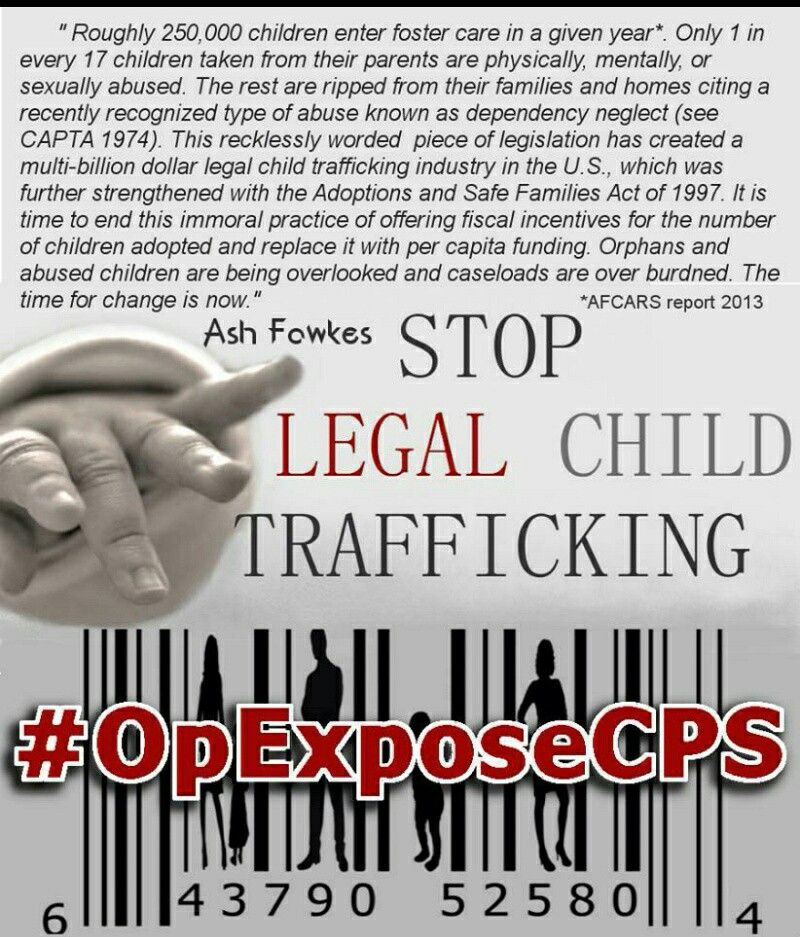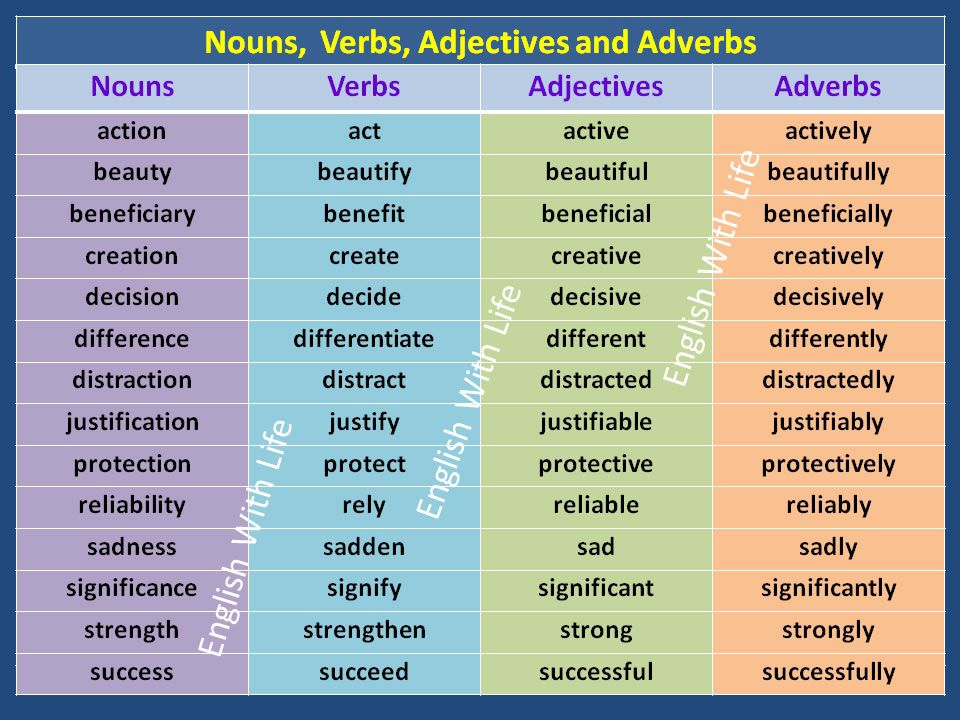How to survive paying child support
How to Survive While Paying Child Support
In This Article
Parents involved in divorce, particularly those required by law to pay for child support, would most likely want to do it for the benefit of their children. However, the current child support system that exists in the country is deemed flawed by many.
Though there is a lot of noise heard about irresponsible parents who fail to provide support for their kids following a divorce, it seemed to go unnoticed that many of those parents fail to do so for the simple reason that they cannot afford it.
The latest statistics provided by the U.S. Census Bureau in 2016 showed that America has 13.4 million custodial parents. Custodial parents serve as the child’s primary parents with whom the child shares the home. They are the ones who receive child support and decide how to spend it on the child’s behalf. As of the latest counting in 2013, about $32.9 billion worth of child support is owed with only around 68.5% of it provided to the child.
Children have the right to be supported financially for their needs but the system imposes penalties to parents to the point that they can no longer afford child support. When this happens to you, there are several things you can do to survive while paying child support.
Child support order modificationOne means of affording child support is through the re-examination of the order imposed on you. You can do it by calling the Child Support Enforcement agency in the location or the state where the order was issued. File before the office a formal motion for the modification of the amount of child support based on changes in your circumstances.
The circumstances of people change over the years and it would be better to simply adjust the child support payment than completely failing to pay it. Some of the most common reasons that you can state in your motion for the request of a reduced amount of child support are as follows:
- Unemployment
- Change in salary
- Medical expenses
- Re-marriage of custodial parent
- Added expenses in your own life, e.
 g., new marriage, new child
g., new marriage, new child - Added costs relate to a growing child
A reduced child support in accordance with your own expenses and other circumstances would help you survive while at the same time provide for your child.
Negotiate with custodial parentAnother means of surviving payment of child support is by discussing your situation with the ex-wife/ex-husband, who is the custodial parent. Simply be honest about your situation and agree on an amount that you can afford. You need to say it nicely and persuasively. Simply explain that you are more than willing to support your child but since you cannot afford it, it is best to just agree on a reduced amount that not being able to pay for it at all.
Tax reliefPayments for child support are included under taxable income. Therefore, when filing for taxes, you should exclude it in your gross income to allow for smaller tax payments. This will somehow lessen your expenses.
Be on the lookoutChild support orders are “income driven. ” This means that determination of the amount is based on income of parents. If the custodial parent remarries, the salary of the new spouse will be shared. Therefore, the capacity of the custodial parent to afford the child’s needs increases. This could be a circumstance that you can use to request for the modification of the child support order.
” This means that determination of the amount is based on income of parents. If the custodial parent remarries, the salary of the new spouse will be shared. Therefore, the capacity of the custodial parent to afford the child’s needs increases. This could be a circumstance that you can use to request for the modification of the child support order.
In many states, the payment amount is based not only on income but also on the time shared with the child. This means that more the non-custodial parent visits or sees the child, the less the amount the court is likely to require. This is why many parents opt for shared parenting.
Seek legal helpWhen you still feel helpless, unsure of what to do or simply cannot afford payments at all, it could give you much relief to simply seek legal help from an attorney who is an expert in the field. He would know what steps need to be taken to modify the amount of payment and give the best advice on what to do.
If all else fails, you can always get a second job to help you survive the rigors of paying child support.
Share this article on
Share this article on
Want to have a happier, healthier marriage?
If you feel disconnected or frustrated about the state of your marriage but want to avoid separation and/or divorce, the marriage.com course meant for married couples is an excellent resource to help you overcome the most challenging aspects of being married.
Take Course
Sylvia Smith Expert Blogger
Sylvia Smith loves to share insights on how couples can revitalize their love lives in and out of the bedroom. As a writer at Marriage.com, she is a big believer in living consciously and encourages couples to adopt this principle in their lives too. Sylvia believes that every couple can transform their relationship into a happier, healthier one by taking purposeful and wholehearted action.
Recent Articles
You May Also Like
What To Do When You Can’t Afford Child Support Payments
Home > Family & Debt > Child Support > Child Support Payment Financial Help
If you find yourself in a situation where you can’t pay child support, you definitely are not alone.
According to the Office of Child Support Enforcement’s 2020 Preliminary Report, which includes its most recent data, just over 10 million people under a court order to pay child support, are behind in their payments, with a cumulative total of over $115 billion owed.
Not all of those cases, nor the billions of dollars owed, are because of “deadbeat dads,” the popular name given those who have the resources to pay child support but choose to ignore court orders. .
Many child support problems are the result of parents falling behind because of circumstances beyond their control such as a lost job, medical emergency or just not enough income to handle the financial load every month.
In cases like these, it might seem logical to reach out to the co-parent and try to make an informal agreement to resolve the problem.. And it’s true that it’s a good idea to keep all concerned parties in the loop if your financial situation has changed.
But that can’t be the only step to take! Child support payments are court-ordered for a reason and any adjustments should be made only with the agreement of the courts.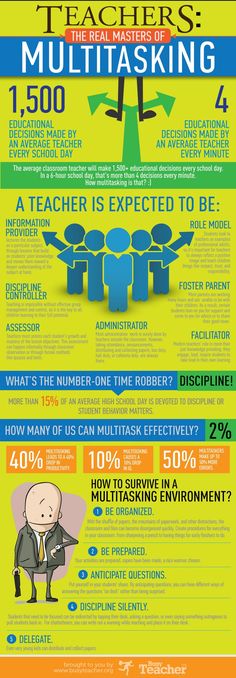
Judges weigh income, age and earning capacity in determining how much child support to award. If there is a significant change in any of those categories, judges are the ones responsible for re-setting monthly payments.
What to Do If You Can’t Pay Child Support
The first, and perhaps most important, thing to do is to get a handle on the consequences for not paying child support, and how strict the courts can be with people who don’t pay child support. Know, in other words, what can happen to you.
The Child Support Enforcement Act of 1984, as well as individual state laws, authorize the courts to collect back payments and levy a number of serious penalties (we’ll list them a little later) for the parent who isn’t keeping up.
It should motivate you to take whatever steps you can to address the situation.
And here’s something to remember: Filing for bankruptcy won’t help you. Back child support can’t be forgiven in bankruptcy.
But there are options for some relief when you are struggling financially or in arrears – the word used when you’ve fallen behind with the payments – and need help paying child support. (If you come across the word “arrearages,” it means the child support that is owed.)
(If you come across the word “arrearages,” it means the child support that is owed.)
It’s unlikely that any of the available options can clear child support debt completely, even when your financial situation has changed and your money troubles are at their worst. But at times like that, it’s worth doing what you can to try to make things easier.
This may seem overwhelming, but there are ways to get help. Consider asking a pro-bono Legal Advocacy Group for assistance. Contact your local United Way or other charity groups or search online for pro-bono legal services.
Each municipality typically has a Legal Aid Society center as well to offer free legal advice to residents, and many of the courts have a Legal Resource center that can provide the petition forms you need for the actual filing. While they can’t offer you legal advice, they can help you get the forms you need. Many forms are available online as well. This isn’t something that can wait.
Alternately, you can contact Child Support Enforcement in the state where your child support is owed. They can help walk you through the process and may be able to put you in touch with the legal resources you need.
They can help walk you through the process and may be able to put you in touch with the legal resources you need.
Whatever course you take, the chances that you can find a way to reduce the amounts you have to pay will improve if you make an honest and genuine effort to keep the court that ordered the child support in the first place informed about your trouble with the payments. Do it sooner rather than later.
Let the Court Know
It’s vital that you notify the court that oversees your case about the difficulties in your financial situation, as soon as possible. That’s true even if you’ve made an agreement with the child’s other parent to reduce the amount you’re paying in child support.
Since only a judge can legalize a modification to the original child support order, that agreement won’t help you if the court hasn’t approved it and the other parent makes an issue of your delinquency.
When you let the court know about your financial trouble before you’ve ended up in arrears (missed a payment), your case is more likely to be heard by understanding ears. Explaining that you’ve lost your job or that you need to pay unexpected medical bills should affect the court’s willingness to set up a modified arrangement for child support if it can be structured so that the child and the other parent still get the money they need.
Explaining that you’ve lost your job or that you need to pay unexpected medical bills should affect the court’s willingness to set up a modified arrangement for child support if it can be structured so that the child and the other parent still get the money they need.
In any event, it’s important to let the court know about any negative changes in your financial circumstances as soon as you realize you might have trouble making payments. Without that reach-out, the court is likely to assume you are refusing to pay child support. That won’t play well.
Request a Payment Schedule
If you’re sincere about improving your situation, it’s a good idea to let everyone involved in your case know you want to keep up with your child support. Perhaps the best way to do that is to request a more manageable payment schedule that lowers the amount you owe in your regular payments. That way, your child will continue to receive at least some money.
If you and the other parent can’t mutually agree on lowering your monthly obligation, a sympathetic court might help you do that. Remember: The new payment schedule won’t be legal and binding until the court approves it.
Remember: The new payment schedule won’t be legal and binding until the court approves it.
The process varies from state to state, but you’ll have to show that your financial situation has changed for the worse since the original amount of your child support payments was put in place. That likely means you’ll need to provide documents such as W-2s, medical insurance forms or unemployment records. If the parents don’t agree on the amount requested, they’ll make their cases in front of a judge before a decision is made.
If you are already in arrears, the local child support agency can help you figure out how much child support you currently owe and advise you about requesting a modified payment schedule.
Private Loans
One way to keep making your child support payments and avoid the consequences of missing them is to take out a private loan. If you’re already in arrears, those extra funds can be used to get caught up and to make it easier to meet future payments as you work through your financial situation.
A loan might be available to you from a bank, a credit union, online lenders or friends or relatives. In many cases, it won’t require collateral, especially if you can convince the lender that you can and will repay the debt.
Of course, that’s the rub. You’ll have to pay back the private loan, probably in monthly installments (plus interest) just like your child support obligation. In effect you’ll be substituting one expense for another – robbing Peter to pay Paul.
For that reason, a private loan should be a last resort, something to turn to if no other attempt to address your difficulty with child support payments has worked.
Settle with the Guardian
You’ll have to let your co-parent (or the child’s legal guardian) know what’s going on in at least some detail because it’s going to affect his or her budget as well. The court-ordered child support your co-parent receives, goes to the care of your child. It’s important that a change in the amount you’ve been providing be managed so that your child’s needs continue to be met.
While your co-parent cannot legally waive or release you from the court-ordered child support obligation (only a judge can change the order), you might be able to work out an arrangement if you need short-term leniency.
If the issue is a larger financial hardship than making your payments for just the next few months, it will become a matter of urgency to obtain a legal modification to your court-ordered child support. Giving your co-parent a heads up is to your advantage. It might prevent the co-parent from starting legal action against you, and, since both of you will need to provide financial documentation during the review for modification process, it should speed things up.
In any event, you need to show a good-faith effort to both your co-parent and a judge to pay as much for the care of your child as you can, even if it’s less than the ordered amount. It can prevent larger legal trouble, and it can limit the amount you fall in arrears (and still be responsible for paying). All of this will help you in the long term.
All of this will help you in the long term.
Unemployment Benefits
If your inability to keep up with child support is due in part to the loss of a job and you haven’t found another one, filing for unemployment benefits in your state might help you start to catch up. The state will automatically deduct as much as 50% of your unemployment checks and apply it to your child support costs.
The percentage deducted varies from state to state, so it’s worth checking into how much of your monthly child support obligation can be covered though unemployment. It certainly can be a helpful way to manage your money troubles while still providing some funds for the care of your child.
But don’t expect your childcare payments to increase the amount of your unemployment benefits. Child support payments are expenses, while unemployment benefits are determined by what your previous income was.
Debt Relief Programs
For people in need, most states offer plans through agencies or grants that can reduce the financial strain of their child support and provide an opportunity to at least partially pay off child support debt accumulated when missed payments pile up.
For example, California’s Compromise of Arrears Program (COAP) helps people who are in arrears by allowing them to make a partial payment toward their debt and have the rest of debt they owe the government eliminated. The plan works by reducing the amount that can be paid in a lump sum or in monthly payments over three years. There is no charge for the service.
Illinois offers the Clean Slate Program, which removes the debt owed to the state once the paying parent makes six consecutive regular child support payments and agrees to continue making future payments.
In both of those cases, the debt that is eliminated is the portion of support the child has been receiving through public assistance. It’s part of the monthly child support obligation, but technically, it’s money owed to the state rather than to the co-parent.
All of these programs require the parent paying child support to meet qualification standards. Illinois asks for proof that the applicant is unemployed, was in prison or had a serious illness that prevented them from making payments, along with financial documents. California requires accurate information about all income and assets, and the program is only available to people who owe the government $5,000 or more in past-due child support.
California requires accurate information about all income and assets, and the program is only available to people who owe the government $5,000 or more in past-due child support.
Obviously, to get this kind of help, it’s important to be able to prove (and communicate) your financial difficulties to the agency offering it. So get prepared.
The Office of Child Support Enforcement website lists the agency in each state that has debt compromise policies available.
What Are the Consequences of Not Paying Child Support?
Child support is a legal obligation and an order of the court. When you fail to meet legal obligations or find yourself in contempt of a court order, the consequences are predictably unpleasant.
- You could lose your driver’s license. All 50 states have legislation that will result in the suspension of your driver’s license. Some states even extend the suspension to professional and occupational licensing as well as hunting and fishing licensing.

- Your pay can be garnished. A court can order your earnings to be withheld by your employer and used as payment for your child support debt. The garnishment will either be the entire court-ordered amount or up to 65% of what is determined to be your disposable income amount (whichever is less).
- Your tax return can be seized. This is usually done in conjunction with pay garnishment.
- Your application for a passport can be denied.
- Property Liens. This means that if you intend to sell land, homes, or vehicles, liens (claims or legal rights against assets typically used as collateral to satisfy a debt) against them will have to be paid before closing for the title to be cleared and the sale to be final.
- Your credit can take a dive. Child support enforcement agencies are free to provide information to credit bureaus about any parent with a legitimate child support obligation.
 That means your credit score is in for a dive.
That means your credit score is in for a dive. - Jail time. Every court has an option for incarcerating those found in “contempt of court.” Child support is a court order, and sometimes a judge may order the defendant, or obligor in the case of child support, to be jailed for willful nonpayment.
- Felony Charges. If you fall more than $10,000 behind, it could mean a felony if you haven’t made attempts to pay. At that point, the state may decide to file felony charges and offenders could face fines and sentencing of up to two years in prison
There is a shame element, too, that some states employ by identifying ‘deadbeat’ parents who aren’t paying their child support obligations. Their photos, names and delinquent amounts are posted online for all to see.
How to Stop Paying Child Support Legally
There is a legal process for stopping child support payments, but it isn’t easy. Courts operate under the theory that a child’s best interest is served when they receive predictable financial payments. Convincing a judge otherwise requires documented evidence that your economic situation has changed, along with a good argument that you need some help, even if it’s just temporary.
Convincing a judge otherwise requires documented evidence that your economic situation has changed, along with a good argument that you need some help, even if it’s just temporary.
You or your lawyer will have to go to the courthouse and file the necessary paperwork seeking a modification. This usually is a simple fill-in-the-blanks sheet. If you’re doing this yourself, you might be able to ask if the court has staff members who can assist with the filing process. However, because family law is tricky, it usually is in your best interest to have a lawyer representing you. If you can’t afford one, visit the local Legal Aid Society and ask for help.
Once your case is filed and you have a court date set to hear your petition for modifying child support payments, you must notify your co-parent of those specifics. At the hearing, you will present your case for stopping child support payments, or at least modifying them to an affordable level.
When you go to court to ask for relief, be sure to have documented evidence that demonstrates why you are unable to afford your monthly obligation. That should include termination papers if you lost a job; paycheck stubs if your pay has been cut; medical receipts if your health has changed; proof of increased expenses because of other bills you owe; and anything else you can put your hands on to show you are in trouble, not running from trouble.
That should include termination papers if you lost a job; paycheck stubs if your pay has been cut; medical receipts if your health has changed; proof of increased expenses because of other bills you owe; and anything else you can put your hands on to show you are in trouble, not running from trouble.
You should be aware that a 2016 update to the Child Support Enforcement Offices regulations requires that there be a “substantial change in circumstances” to modify child support.
However, during the last year or so, courts have been more lenient in granting temporary child support relief to people who can demonstrate they’ve lost their jobs or part of their income because of the COVID-19 pandemic. Even pre-pandemic, some states allowed adjustments to what you owe in child support based on your current income if the amount of the original payments was calculated when you had a higher salary.
Still, any attempt to ignore your obligation to pay is viewed unfavorably by courts. It could result in the custodian parent filing a contempt action that would be extremely costly. You would be liable for more court costs and lawyer’s fees to re-settle your case.
It could result in the custodian parent filing a contempt action that would be extremely costly. You would be liable for more court costs and lawyer’s fees to re-settle your case.
The good news is that there are programs to help pay child support and get yourself back on track. There’s one thing you can do that will surely not help, however, and that is to do nothing.
So, what can you do?
Financial Assistance & Programs to Help Fathers Pay Child Support
Studies show that fathers recognize their obligations to financially support their children. But two circumstances – lack of stable employment and incarceration – often make it difficult for them to fulfill that obligation.
Fathers make up 80% of the 12.6 million noncustodial parents in the U.S., according to the U.S. Census Bureau study released in May 2020. A 2016 study for the Department of Health and Human Services showed that almost three-fourths of fathers with child support payments under the national median of $364 per month, were unemployed or in part-time or temporary jobs.
Another 400,000 are in jail and have child support cases ahead of them, according to the National Conference of State Legislatures.
So, creating job opportunities and training fathers how to advance in the workplace became a focus for government-sponsored programs run by the Office of Child Support Enforcement. The federal government funds 91 such programs in 30 states plus the District of Columbia. Not all the programs are statewide.
Some of the larger funded programs include the Office of Head Start; the Father Engagement Birth To Five; and the Strong Families Initiative.
The Father Engagement Birth To Five program was born out of the Head Start program. It attempts to get (and keep) fathers engaged in their child’s development at an early age.
The Strong Families Initiative in the Department of Housing and Urban Development (HUD) seeks similar results, but focuses on families in public housing and multi-family housing projects. Built around health, education and economic empowerment, family-friendly events are staged in those neighborhoods to promote economic opportunity and self-sufficiency for residents.
These programs help connect low-income, noncustodial parents to new career paths with increased wages and, thus, the ability to provide more support for their children. Getting noncustodial parents connected with jobs is a key to regular support payments.
What to Do When You’re Already Behind on Child Support
Contact the Office of Child Support Enforcement in your state to let them know you’re working on a getting a hearing review of your current child support amount, and that you’re actively working on resolving the issue.
Once you have a new child support amount, contact them again and discuss a payment plan and options to help you deal with your back child support. Some states will offer to waive the interest on back child support or will negotiate a debt settlement after a year of consistent payment of your current court-ordered child support. If you’re proactive, there are options available to lessen the burden and help you pay down the debt. Ultimately, that’s the outcome they’d like to see, just like any other creditor.
Most people behind on child support are behind in relatively small amounts. Only 20% of those in arrears owe more than $20,000, but that group represents nearly 65% of the unpaid child support obligation. Data suggests that this usually happens when the parent is incarcerated, because the obligation to pay child support doesn’t stop even when the ability to earn an income does. That’s an issue that’s been at the center of attempted reform for years.
It does take time and patience, just like dealing with any other debt, but it can be done.
Find Another Source of Income
Two things anyone can do to help themselves out of financial stress is to find a second source of income and/or reduce spending in every category in their budget.
The list of opportunities for a second job is enlist. You can be a waiter, delivery person, a tutor, a coach, or a freelancer in many fields. Start a bank account where any money made on the side goes and use that to make child support payments.
The added benefit of a second job is that you have less time to spend money on things like dining out; paying for entertainment or clothes shopping. Try a few more expense-cutting steps like getting a roommate to share rent/utilities/food expenses; using public transportation or walking instead of using a car.
These might feel like drastic steps, but there aren’t nearly as penalizing as defaulting on child support payments.
If alimony debts have accumulated...
Veronika Salnikova
Lawyer, partner of Yakovlev & Partners
June 16, 2021
Tips
Pay attention to the date of publication of the material: the information may be outdated due to changes in legislation or law enforcement practice.
How to collect them, what threatens the parent-debtor and in what case will he be released from liability?
Through which court to collect alimony from a father with many children? nine0017
“In 2018, the Magistrate's Court ruled to collect alimony from her husband for the maintenance of two minor children. In 2020, we had twins. Currently, the marriage is not dissolved. Tell me where to apply (to the world or district court) and how to file an application to collect alimony for twins?
In 2020, we had twins. Currently, the marriage is not dissolved. Tell me where to apply (to the world or district court) and how to file an application to collect alimony for twins?
Alimony (funds for the maintenance of minor children) can be collected through the court in the order of writ or action proceedings. Writ proceedings are a simplified procedure for collecting alimony in the Magistrate's Court. When filing an application, the court issues a court order without summoning the plaintiff and the defendant. Claim proceedings are carried out in the district court with the summons of the parties. nine0003
As a general rule, if the parent-debtor already pays child support, then they should be collected on other children through the district court. The mother of twins needs to apply to the district court at her place of residence or the defendant.
You can file a claim with an attorney. In addition, sample applications are often placed in courts. You can use this sample, detailing your situation and attaching supporting documents.
nine0019 (Answers to other questions of alimony recipients and their payers can be found in the articles "On child support - in detail", "On the payment of alimony - on real examples", "Cross-border alimony").
What threatens a parent for non-payment of alimony?
For late payment or for non-payment of alimony in full, the debtor parent may be held liable - administrative (Article 5.35.1 of the Code of Administrative Offenses of the Russian Federation) or criminal (Article 157 of the Criminal Code of the Russian Federation). nine0003
Bailiffs bring to administrative responsibility negligent parents. This is possible in the event of non-payment without good reason of funds for the maintenance of children according to a judicial act, a court order or an agreement on the payment of alimony. The court already attracts criminal liability for malicious evasion from the fulfillment of maintenance obligations of parents.
On April 27, 2021, the Plenum of the Supreme Court of the Russian Federation approved a resolution stating that “violation of a judicial act or agreement on the payment of alimony should be understood as non-payment of alimony in the amount, on time and in the manner established by this decision or agreement. ” Partial payment of alimony cannot exclude the application of liability measures (read about this also in the news “The Plenum of the Supreme Court clarified the nuances of administrative responsibility for non-payment of alimony”) .
” Partial payment of alimony cannot exclude the application of liability measures (read about this also in the news “The Plenum of the Supreme Court clarified the nuances of administrative responsibility for non-payment of alimony”) .
In which case will the debtor parent be released from liability despite the child support debt?
If the parent-debtor has good reasons why he cannot pay child support in the prescribed amount, he has the right to go to court and ask to change the order of recovery. In the presence of such reasons, the debtor may be released from liability. nine0003
Valid reasons may be recognized such circumstances in which non-payment of alimony occurred regardless of the will of their payer: his illness (incapacity for work), his military service on conscription, force majeure circumstances, the fault of other persons, for example, non-payment of wages by the employer, delay or incorrect transfer bank of funds to the recipient of alimony.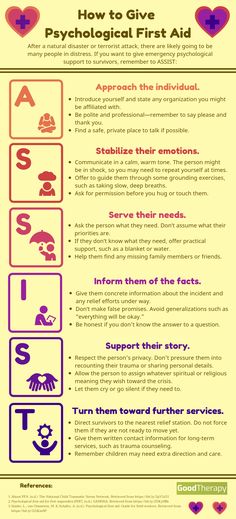
The list of reasons that may be recognized as valid for exemption from liability is not exhaustive. In all cases, the judge must assess whether specific circumstances can be attributed to the number of good reasons for non-payment of alimony. nine0003
How do bailiffs force persistent non-payers to fulfill maintenance obligations?
If the parent does not just evade the payment of alimony, but hides and prevents their collection, i.e. becomes a malicious defaulter, the bailiffs start the procedure for searching for the debtor. But they can do this only if there is a statement from the alimony claimant. During the search, bailiffs try to locate the debtor and his property in order to bring him to justice and force him to fulfill maintenance obligations. How do they do it? nine0003
Bailiffs are endowed with special powers. They have the right:
- to receive personal data from the internal affairs authorities, tax authorities, the Pension Fund, registry offices, traffic police;
- check information through the customs authorities;
- check in banks information about accounts, deposits, securities;
- to interview relatives, friends, colleagues - everyone who has information about the non-payer; nine0058
- to carry out a visit to the location of the debtor's property for its examination and evaluation;
- use information obtained through the involvement of a private detective bureau or from open sources, including those posted on personal pages on social networks.

When conducting search and search activities, the bailiff interacts with employees of other units of the FSSP, the traffic police, and the police to use the information they have. If the debtor is found outside the territory that belongs to the department that accepted the application of the alimony collector, the bailiff in charge of the case is obliged to transfer it to a colleague whose jurisdiction allows further search and search work to be continued. nine0003 90,000 as in Germany pay alimony-DW-11.11.2018
Photo: Picture-alliance/DPA
Culture
Efim Shuman
November 15, 2018
Payment of alimony in Germany (Germany ( and not only for children) - a very serious matter. Those who do not pay them may even end up in jail. But they will not be poor.
https://p.dw.com/p/37jBS
Advertising
Alimony is paid in Germany not only for children. But first, about them. Their content is considered priority. The reference point here is the so-called "Düsseldorf table", which determines, to the nearest euro, from what income children of what age how much should be paid. Let's say, with 2500 euros per month "clean" for a seven-year-old child, 439euros, and from an income of 5 thousand already for a newborn - 529 euros.
But first, about them. Their content is considered priority. The reference point here is the so-called "Düsseldorf table", which determines, to the nearest euro, from what income children of what age how much should be paid. Let's say, with 2500 euros per month "clean" for a seven-year-old child, 439euros, and from an income of 5 thousand already for a newborn - 529 euros.
This amount is reduced only in two cases. First: if the one who pays alimony has other dependents - for example, children from a new marriage or a new spouse who is not working for good reasons. Second: if he has debts.
Alimony does not lead to poverty
Of course, no one wants to leave someone who has to pay alimony completely without money. Therefore, the husband who pays alimony (according to statistics, ex-husbands make up almost 90 percent), in any case, must remain at least 1,100 euros if he works, and at least 800 euros - if he receives unemployment benefits.
In principle, both former spouses must pay child support. But it is believed that the one with whom the child lives (most often it is the mother) pays, so to speak, "in kind", that is, is responsible for housing, food, things, upbringing, and so on. And the other parent is responsible for the financial, monetary side. Only after the child becomes an adult and graduates from school, both parents should pay him money - in proportion to their income. nine0003
But it is believed that the one with whom the child lives (most often it is the mother) pays, so to speak, "in kind", that is, is responsible for housing, food, things, upbringing, and so on. And the other parent is responsible for the financial, monetary side. Only after the child becomes an adult and graduates from school, both parents should pay him money - in proportion to their income. nine0003
But in Germany, not only children, but also former spouses receive child support - if the earnings of one of them are significantly less than the income of the other. This has its own logic: as a rule, due to the fact that the wife spent several years with children, she did not make the career that she could have done. Perhaps she did not receive a higher education, for example. That is, after a divorce, her standard of living will noticeably decrease - if she does not receive alimony for at least some time.
Alimony for wives and husbands
In principle, after a divorce, each of the former spouses must support himself, but usually the court (if it is not possible to reach an amicable agreement and it comes to court) takes the side of the one who has lost the most financially. This, by the way, is not necessarily an ex-wife. Alimony is also paid to ex-husbands - in cases where wives earn more.
This, by the way, is not necessarily an ex-wife. Alimony is also paid to ex-husbands - in cases where wives earn more.
Usually, alimony to former spouses is calculated in Germany as follows: 1) the amount of alimony paid to children, 2) current debt obligations, for example, payments on loans, and 3) a small amount for various unforeseen expenses. After that, the difference in income between the former spouses is calculated. 4/7 of this difference is left to the husband, the remaining 3/7 is alimony to the ex-wife. You don’t have to pay them all your life: someday (when she has a new partner, or at least when common children grow up), the ex-wife will have to support herself. nine0003
Do not pay child support - three years in prison
Are there persistent non-payers of child support in Germany? Unfortunately, there are many. In such cases, child support is paid by the state for some time. But then, if it turns out that the non-payer has no objective, legal grounds for not paying alimony, this money is collected from him - as, of course, the alimony itself.
